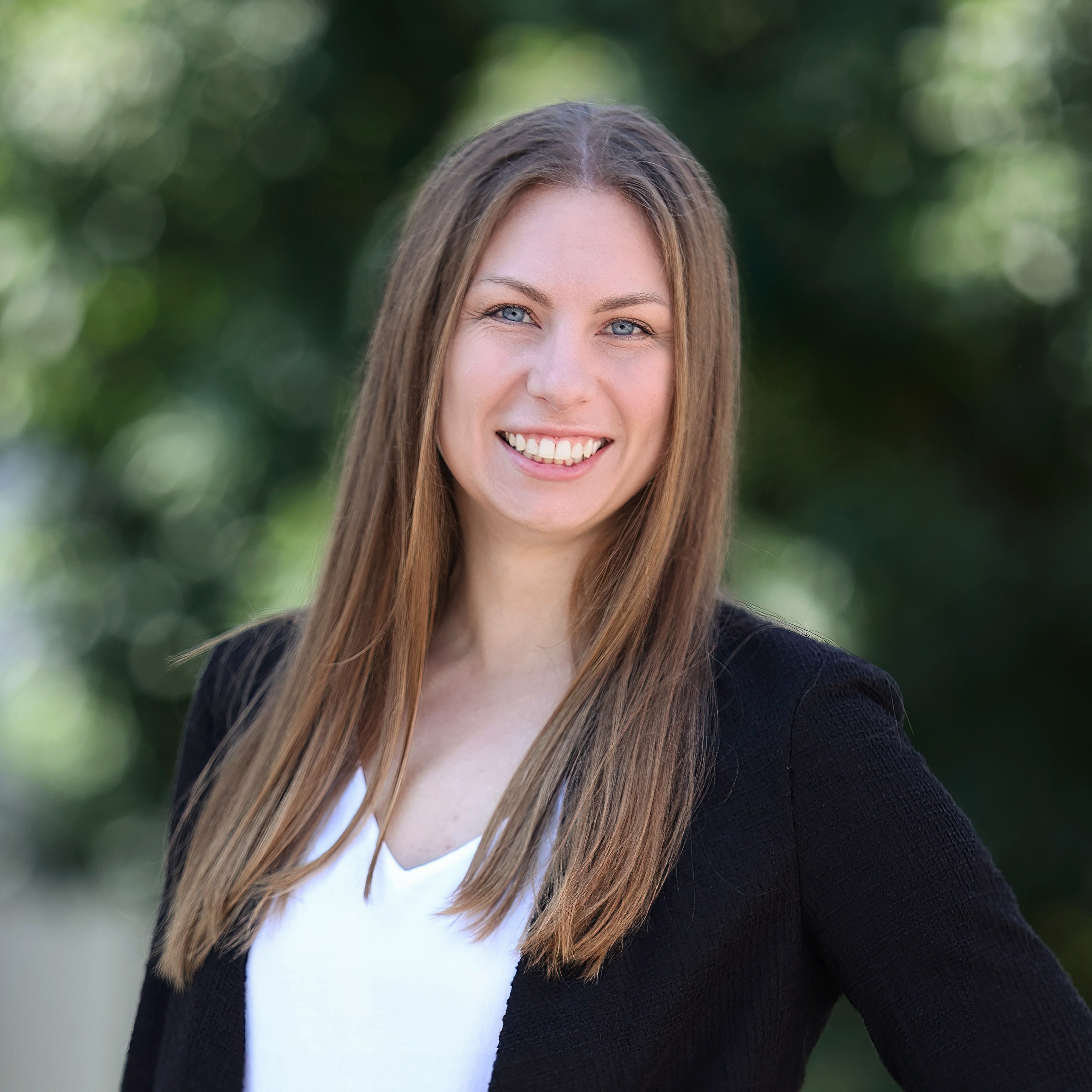
Taylor M
- Research Program Mentor
PhD at University of Virginia
Expertise
Cancer biology, cell signaling, systems biology, cancer cell heterogeneity, biomedical engineering
Bio
Hello! I recently finished my PhD in Biomedical Engineering at the University of Virginia. I was born and raised in Wisconsin and completed my BS in Biomedical Engineering at the University of Wisconsin. I have thoroughly enjoyed each one of my teaching and mentoring experiences so far. My goal is always to help students reach their full potential; when students ask me questions, I focus on guiding them to connect the dots between things they already know. This helps students really take ownership of their learning and feel empowered to seek answers to their own questions. I am excited about biology and enjoy sharing that passion with others! Outside of my work, I spend most of my time doing a variety of outdoor activities. I enjoy hiking in the summer and downhill skiing in the winter. I look forward to meeting you and working together!Project ideas
How does a cell manage so much information?
Cells in the human body are constantly exposed to so much information - for example, they receive messages sent by nearby cells, they monitor their own progression through the cell cycle, and they check to make sure their DNA, RNA, and proteins are maintained and produced without any mistakes. Proteins involved in "signaling networks" ferry this information throughout the cell, but there are only so many signaling proteins and networks. How does a cell encode complex messages about its status and its environment? When all the signaling proteins are mixed together in the cell cytoplasm, how does it keep all of this information organized? These are some of the questions related to cell signaling and signaling network crosstalk that would serve as excellent inspiration for a review paper focused on a specific topic of interest to you.
Why do cells break?
Every second of every day, the cells in your body are performing millions of tasks to keep you alive and functioning. What systems are in place to ensure that they work correctly so much of the time? What causes them to mess up? What systems are in place to correct errors? What if those systems fail?